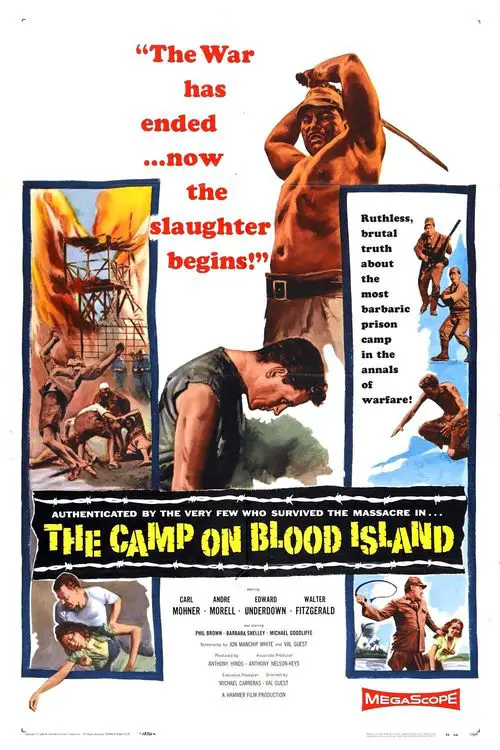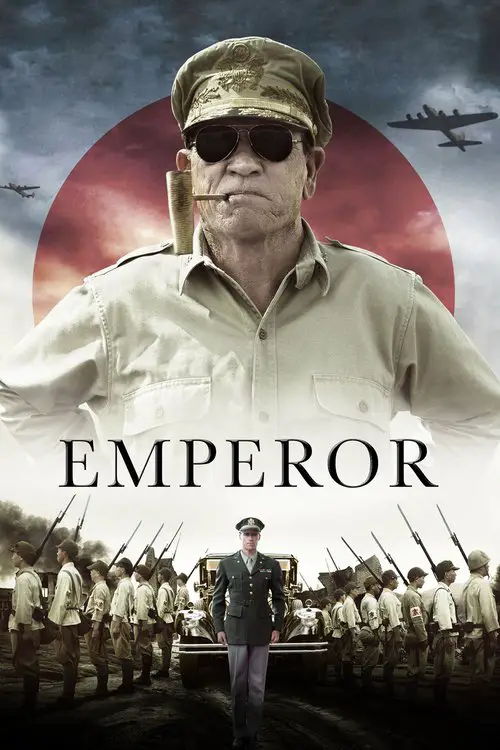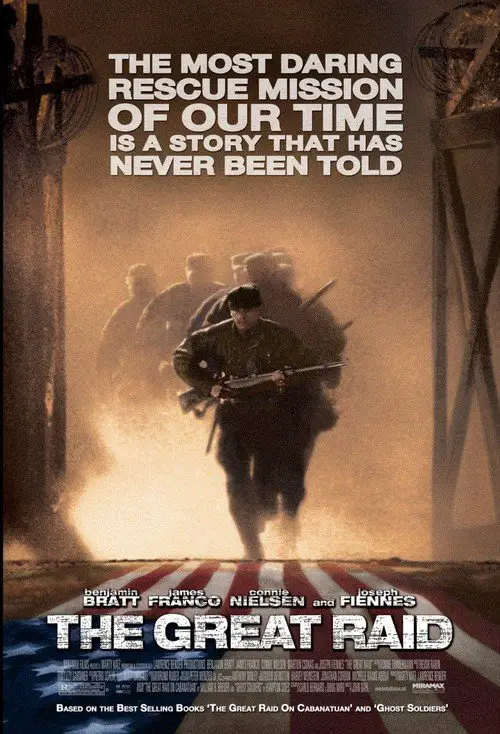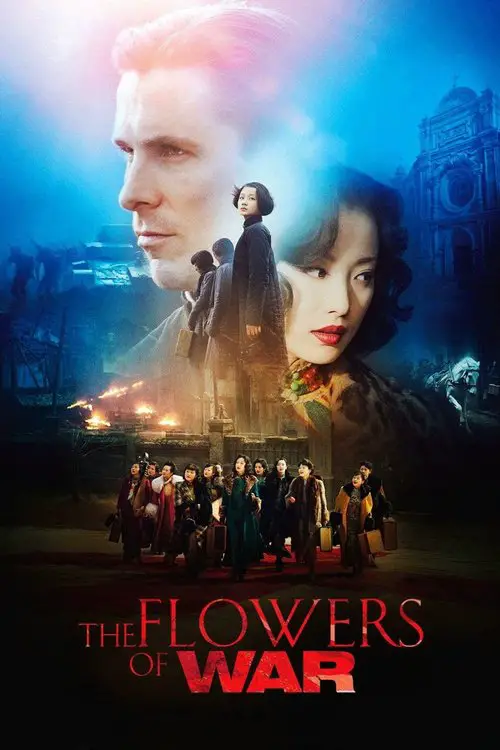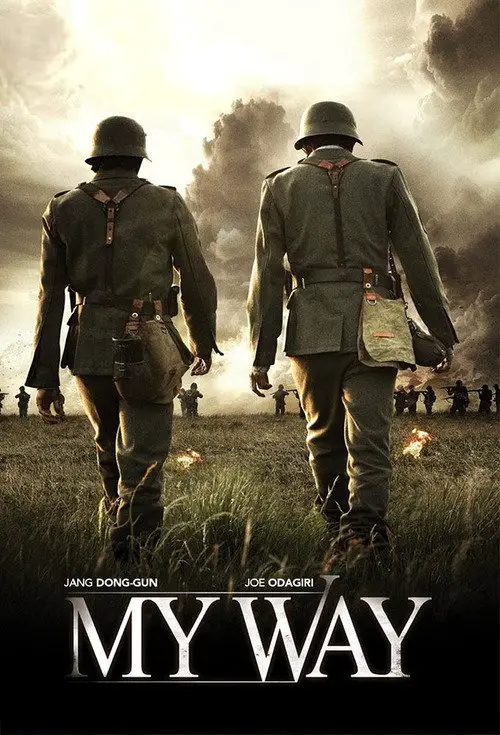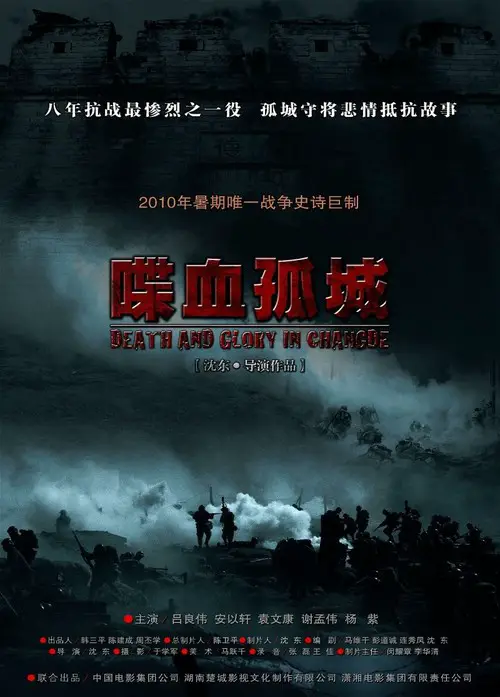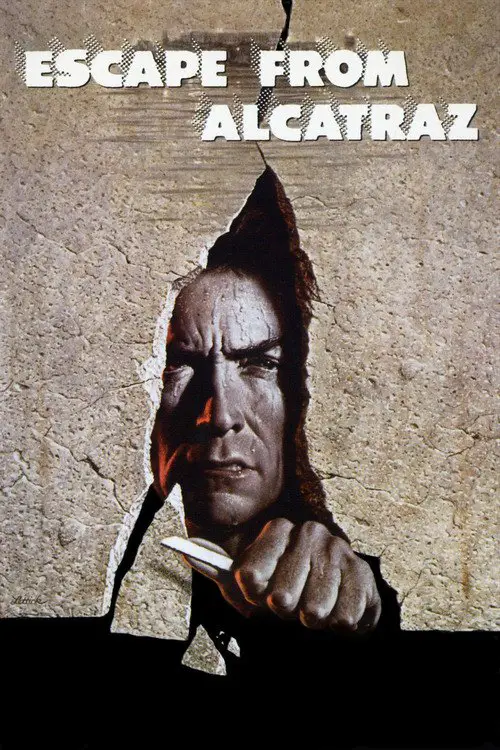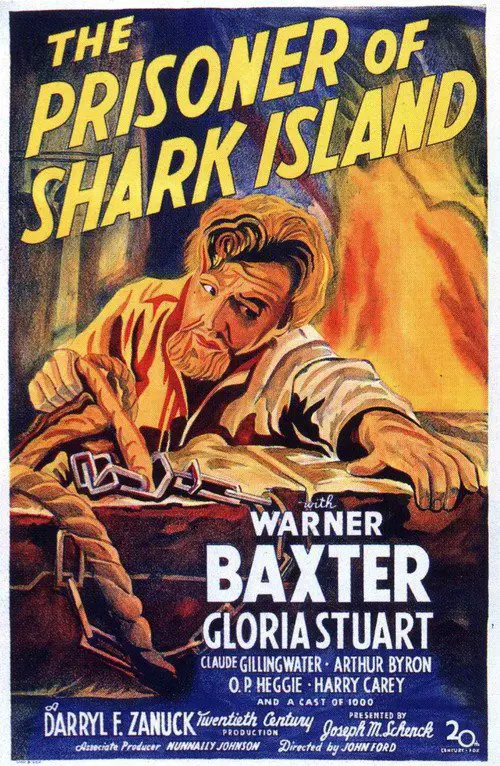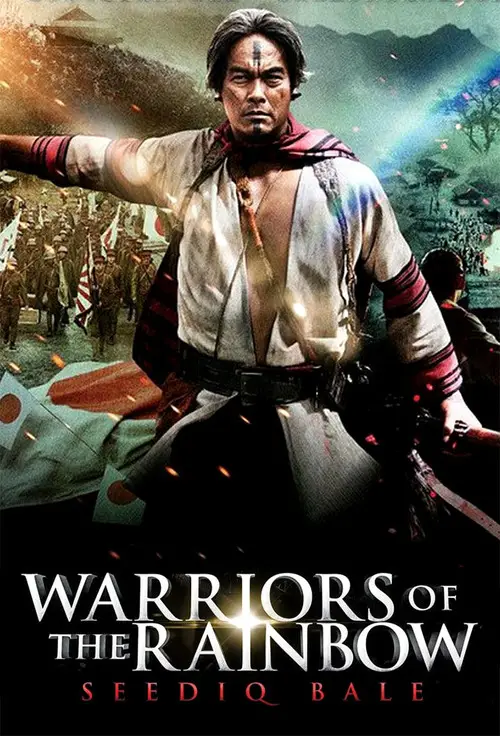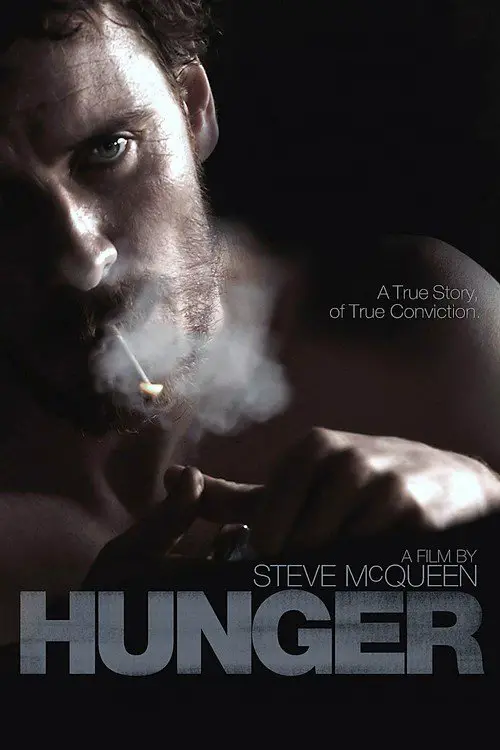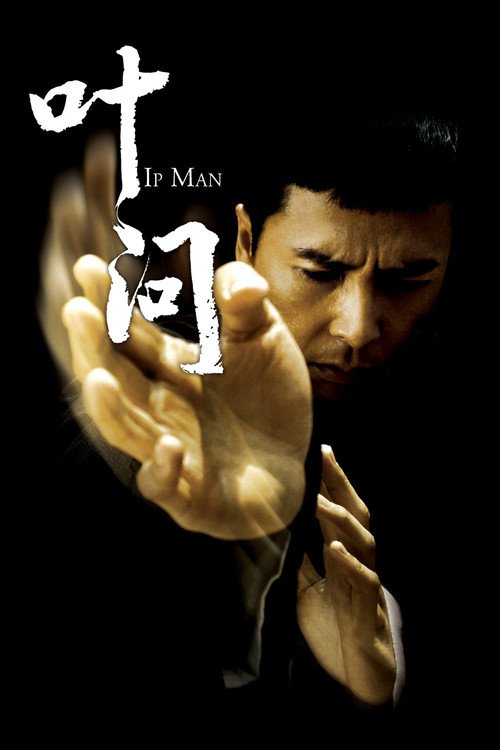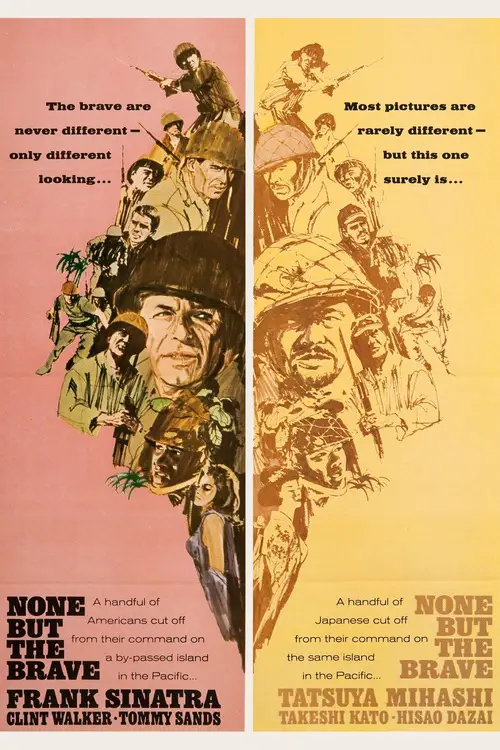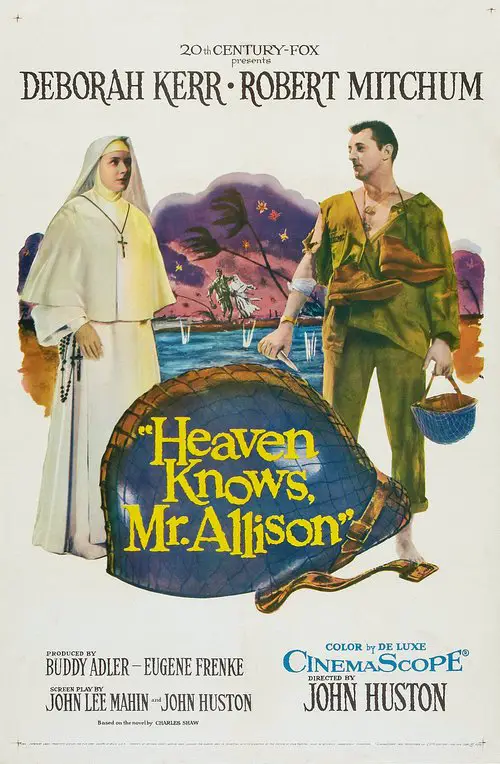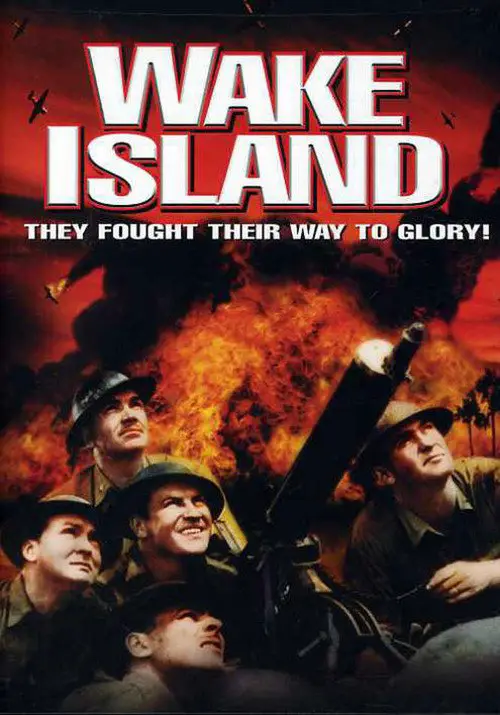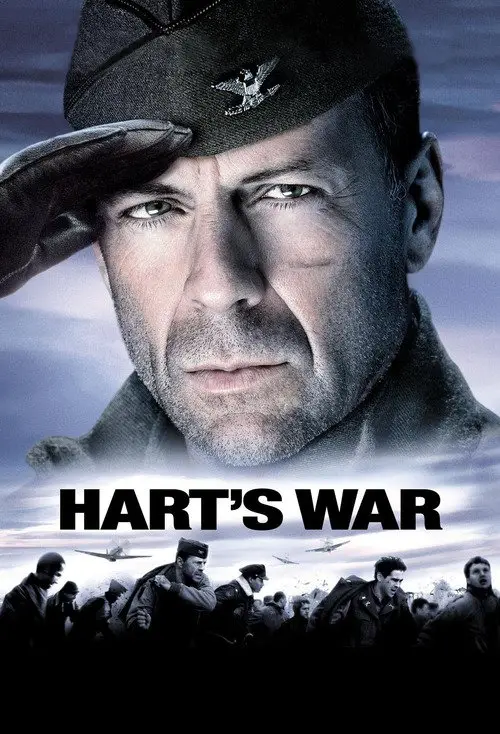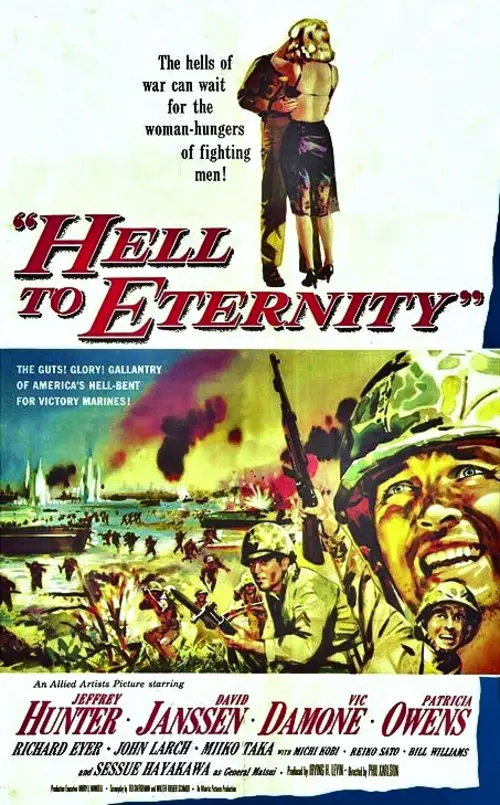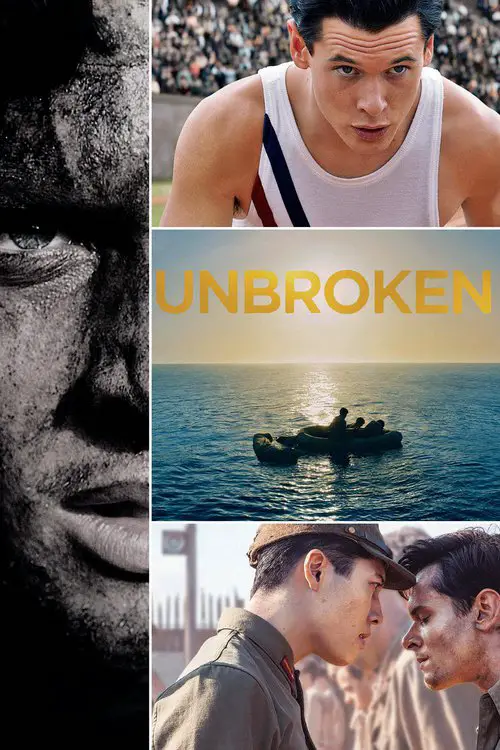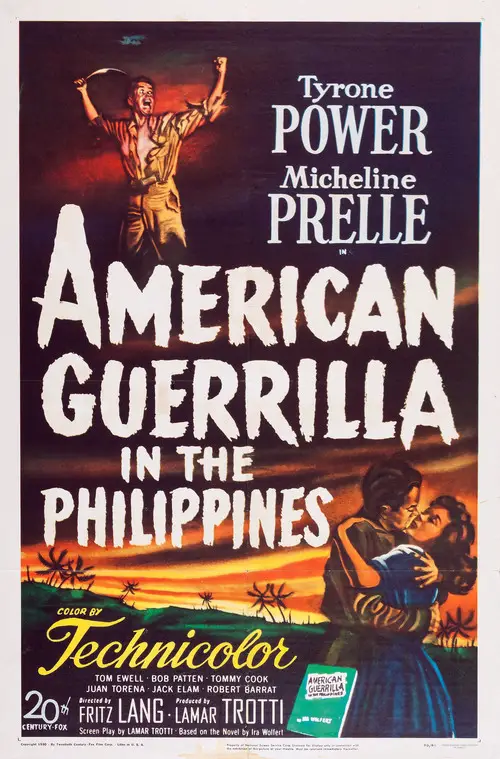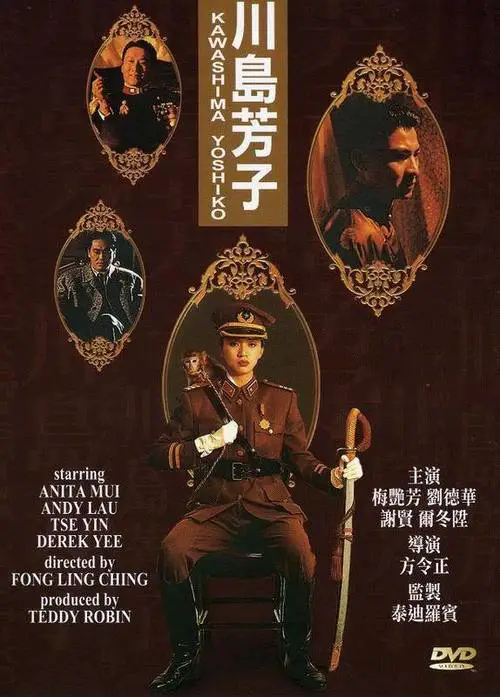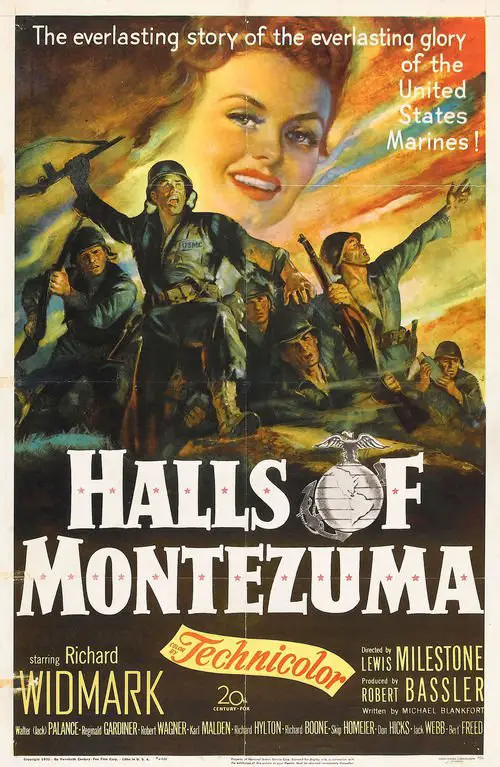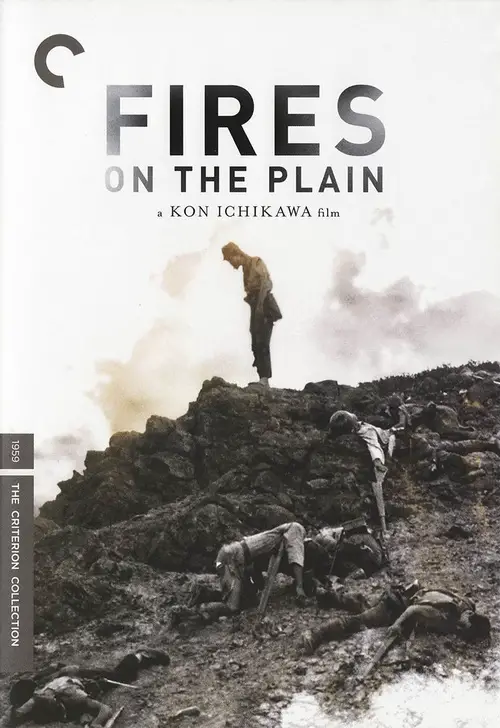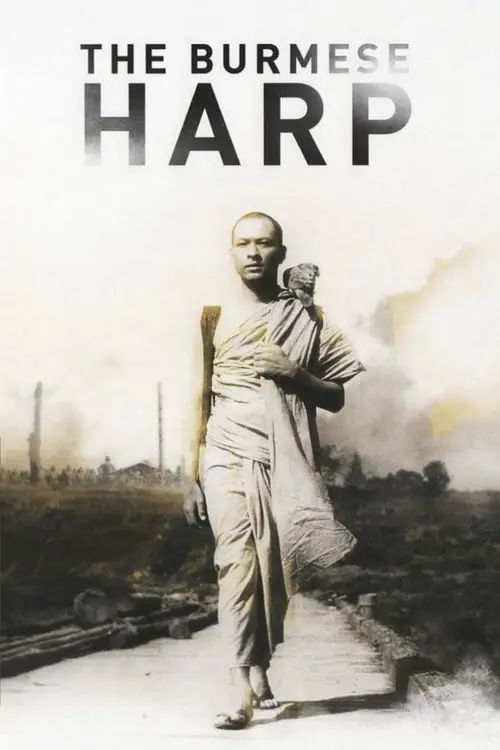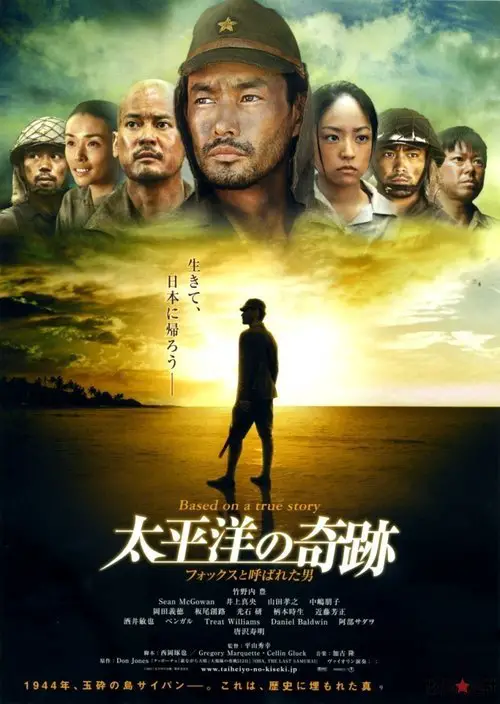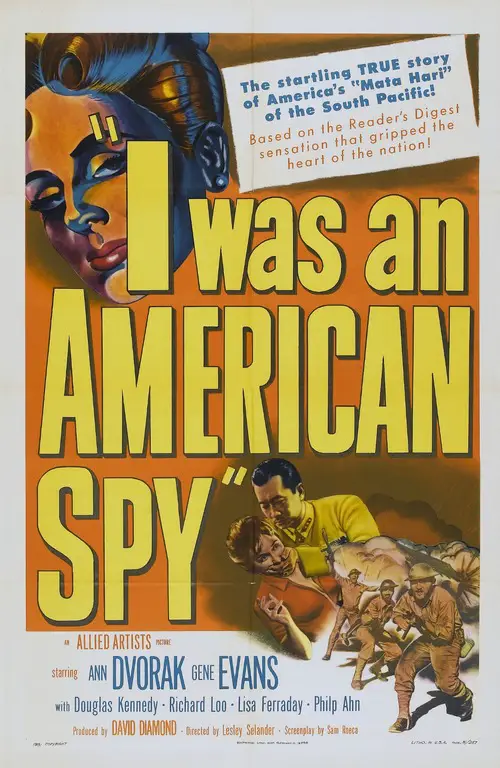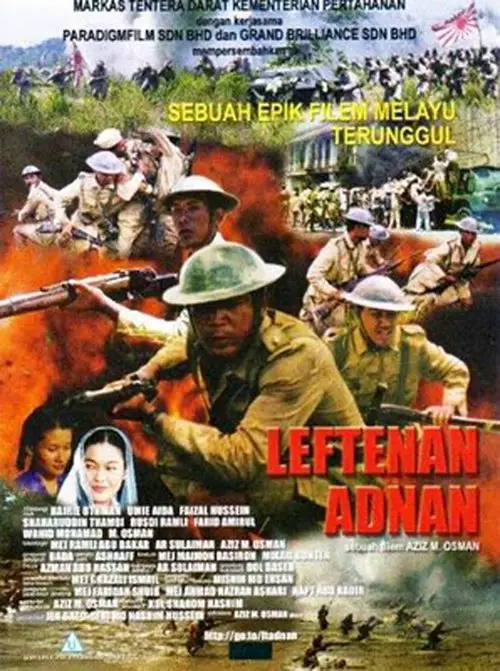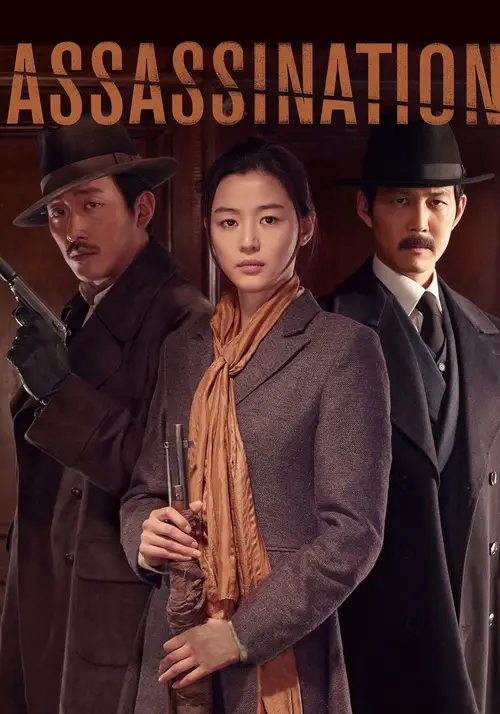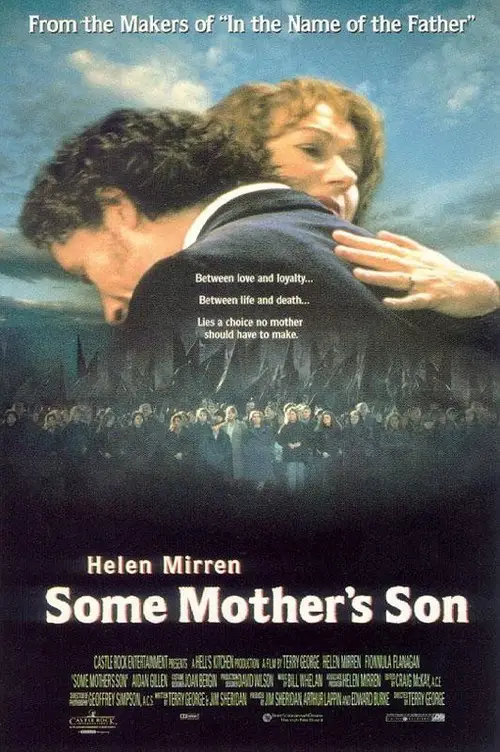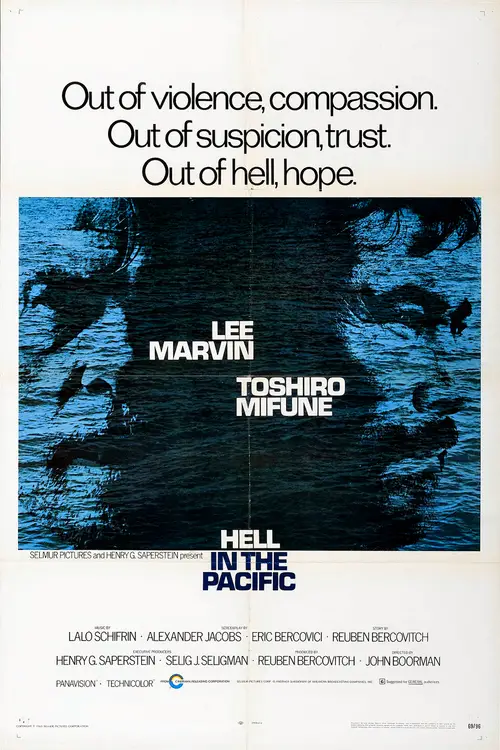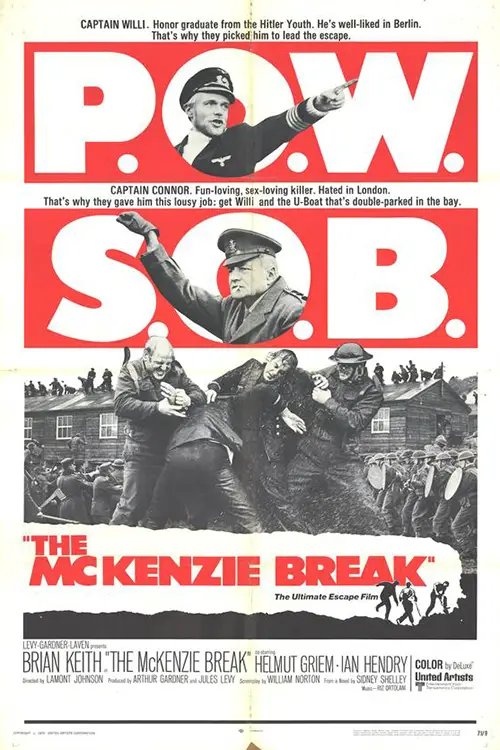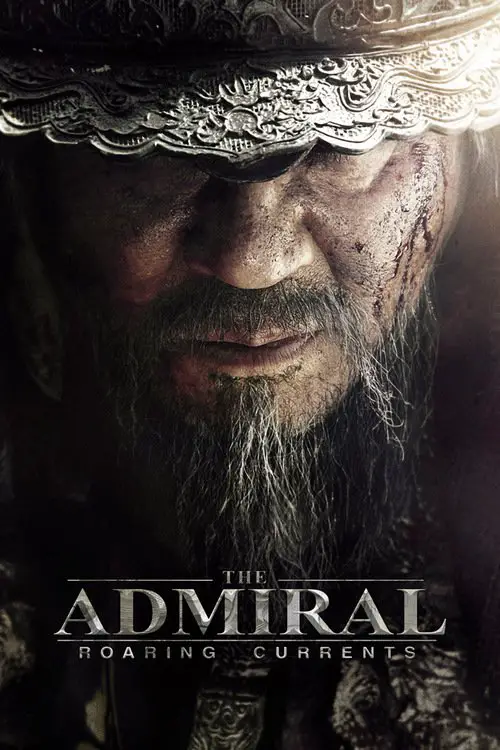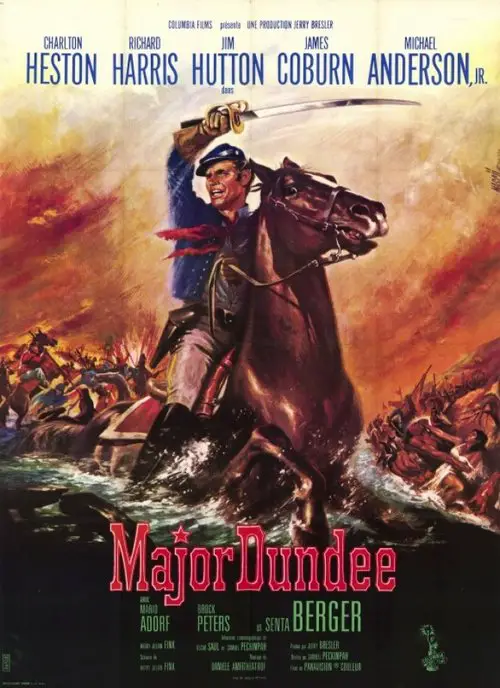Paradise Road (1997)

Similar movies
Set in a Japanese prisoner of war camp during World War II, the film focuses on the brutality and horror that the allied prisoners were exposed to as the Japanese metered out subjugation and punishment to a disgraced and defeated enemy. This harrowing drama concentrates on the deviations of legal and moral definitions when two opposing cultures clash. Although fictional, this was one of the earliest films to deal realistically with life and death in a Japanese prisoner-of-war camp during the Second War.
City of Life and Death takes place in 1937, during the height of the Second Sino-Japanese War. The Imperial Japanese Army has just captured the then-capital of the Republic of China, Nanjing. What followed was known as the Nanking Massacre, or the Rape of Nanking, a period of several weeks wherein tens of thousands of Chinese soldiers and civilians were killed.
The Nazis, exasperated at the number of escapes from their prison camps by a relatively small number of Allied prisoners, relocates them to a high-security "escape-proof" camp to sit out the remainder of the war. Undaunted, the prisoners plan one of the most ambitious escape attempts of World War II. Based on a true story.
A classic story of English POWs in Burma forced to build a bridge to aid the war effort of their Japanese captors. British and American intelligence officers conspire to blow up the structure, but Col. Nicholson , the commander who supervised the bridge's construction, has acquired a sense of pride in his creation and tries to foil their plans.
Inspired by a true story. Jun Shik works for Tatsuo's grandfather's farm while Korea is colonized by Japan, but he has a dream to participate in Tokyo Olympics as a marathon runner. Tatsuo also aims to become a marathon runner, so the two are in rivalry. But war breaks out and they both are forced to enlist in the army. Tatsuo becomes the head of defense in Jun Shik's unit and he devises a scheme but fails. Jun Shik and Tatsuo are captured by the Soviets. They run away but soon are captured by Germans and forced to separate. In 1944, they meet again at the shores of Normandy.
Nathan Algren is an American hired to instruct the Japanese army in the ways of modern warfare -- in this lush epic set in the 1870s, which finds Algren learning to respect the samurai and the honorable principles that rule them. Pressed to destroy the samurai's way of life in the name of modernization and open trade, Algren decides to become an ultimate warrior himself and to fight for their right to exist.
In 1942 British soldier Jack Celliers comes to a japanese prison camp. The camp is run by Yonoi, who has a firm belief in discipline, honour and glory. In his view, the allied prisoners are cowards when they chose to surrender instead of commiting suicide. One of the prisoners, interpreter John Lawrence, tries to explain the japanese way of thinking, but is considered a traitor.
A dramatic history of Pu Yi, the last of the Emperors of China, from his lofty birth and brief reign in the Forbidden City, the object of worship by half a billion people; through his abdication, his decline and dissolute lifestyle; his exploitation by the invading Japanese, and finally to his obscure existence as just another peasant worker in the People's Republic.
When a Greek fisherman leaves to fight with the Greek army during WWII, his fiancee falls in love with the local Italian commander. The film is based on a novel about an Italian soldier's experiences during the Italian occupation of the Greek island of Cephalonia (Kefalonia), but Hollywood made it into a pure love story by removing much of the "unpleasant" stuff.
Intended as the concluding film in the trilogy on the modern history of Taiwan began with Beiqing Chengshi (1989), this film reveals the story through three levels: a film within a film as well as the past and present as linked by a young woman, Liang Ching. She is being persecuted by an anonymous man who calls her repeatedly but does not speak. He has stolen her diary and faxes her pages daily. Liang is also rehearsing for a new film that is due to go into production soon. The film, entitled Haonan Haonu, is about a couple Chiang Bi-yu and Chung Hao-tung who returns to China to participate in the anti-Japanese movement in China in the 1940s and are arrested as communists when they go back to Taiwan.
A semi-biographical account of Yip Man, the first martial arts master to teach the Chinese martial art of Wing Chun. The film focuses on events surrounding Ip that took place in the city of Foshan between the 1930s to 1940s during the Second Sino-Japanese War. Directed by Wilson Yip, the film stars Donnie Yen in the lead role, and features fight choreography by Sammo Hung.
American and Japanese soldiers, stranded on a tiny Pacific island during World War II, must make a temporary truce and cooperate to survive various tribulations. Told through the eyes of the American and Japanese unit commanders, who must deal with an atmosphere of growing distrust and tension between their men.
In 1944, in South Pacific, the castaway Marine Corporal Allison drifts in a raft to the Tuasiva Island, where he meets Sister Angela. She tells him that she is the only person in the island and was left behind by the runaway boat to Fiji Island while seeking the local priest. Stranded in the island, but with water, fish and fruits, their paradisiacal life ends when the Japanese arrive to build a base, forcing Allison and the nun to hide in a cave. The crude marine provides the necessary supply for their survival and falls in love for the nun.
When Singapore surrendered to the Japanese in 1942 the Allied POWs, mostly British but including a few Americans, were incarcerated in Changi prison. This was a POW detention center like no other. There were no walls or barbed-wire fences for the simple reason that there was no place for the prisoners to escape to. Included among the prisoners is the American Cpl. King, a wheeler dealer who has managed to established a pretty good life for himself in the camp. While most of the prisoners are near starvation and have uniforms that are in tatters, King eats well and and has crisp clean clothes to wear every day. His nemesis is Lt. Robin Grey, the camp Provost who attempts to keep good order and discipline. He knows that King is breaking camp rules by bartering with the Japanese but can't quite get the evidence he needs to stop him. King soon forms a friendship with Lt. Peter Marlowe an upper class British officer who is fascinated with King's élan and no rules approach to life...
During the Japanese occupation of China, two prisoners are dumped in a peasant's home in a small town. The owner is bullied into keeping the prisoners until the next New Year, at which time they will be collected. The village leaders convene to interrogate the prisoners. The townspeople then struggle to accommodate the prisoners. One is a bellicose Japanese nationalist, the other a nervous translator. Will the townspeople manage to keep the prisoners until the New Year?
In November 1941, Major Caton takes command of the small Marine garrison on Wake Island. His tendency toward spit and polish upsets the men's tropical lassitude, but Pearl Harbor changes everything. Soon the island is attacked and the Marines pull together day by day; but how long can they hold out?
Fourth-generation Army Col. William McNamara is imprisoned in a brutal German POW camp. Still, as the senior-ranking American officer, he commands his fellow inmates, keeping a sense of honor alive in a place where honor is easy to destroy, all under the dangerous eye of the Luftwafe vetran Col. Wilhelm Visser. Never giving up the fight to win the war, McNamara is silently planning, waiting for his moment to strike back at the enemy. A murder in the camp gives him the chance to set a risky plan in motion. With a court martial to keep Visser and the Germans distracted, McNamara orchestrates a cunning scheme to escape and destroy a nearby munitions plant, enlisting the unwitting help of young Lt. Tommy Hart. Together with his men, McNamara uses a hero's resolve to carry out his mission, ultimately forced to weigh the value of his life against the good of his country.
Based on the story about Guy Gabaldon, a Los Angeles Hispanic boy raised in the 1930s by a Japanese-American foster family. After Pearl Harbor, his foster family is interned at the Manzanar camp for Japanese Americans, while he enlists in the Marines, where his ability to speak Japanese becomes a vital asset. During the Battle of Saipan, he convinces 800 Japanese to surrender after their general commits suicide.
It's a dreary Christmas 1944 for the American POWs in Stalag 17. For the men in Barracks 4, all sergeants, have to deal with a grave problem - there seems to be a security leak. The Germans always seem to be forewarned about escapes and in the most recent attempt the two men, Manfredi and Johnson, walked straight into a trap and were killed. For some in Barracks 4, especially the loud-mouthed Duke, the leaker is obvious: J.J. Sefton, a wheeler-dealer who doesn't hesitate to trade with the guards and who has acquired goods and privileges that no other prisoner seems to have. Sefton denies giving the Germans any information and makes it quite clear that he has no intention of ever trying to escape. He plans to ride out the war in what little comfort he can arrange, but it doesn't extend to spying for the Germans.
Kawashima Yoshiko was originally the 14th daughter of Emperor Xu. She was sent to Japan to train in the ways of the Samurai but lost her virginity to Samurai. She then married a Mongolian prince and set her mind to fight for the independence of Mongolia but the marriage failed. Arriving Shanghai, she met an opera singer Wan Hoi. Because of her beauty and background, she achieved a great deal, including successfully smuggled a Queen, Yuen Yung and helped Pu Yi to establish Manchuria. Unexpectedly, she met up again with Wan Hoi, who was the number one singer at that time but also part of the rebel force, and tried to unsuccessfully assassinate Yu-Yeh resulting in his own death. Yoshiko saved him but he could not be bought, so she set him free without Japanese' permission. The Japanese were dissatisfied and eventually she was exiled back to Japan. She later returned to China. However, because of the lost of Japan, she got arrested and executed. (Joy Sales)
Richard Widmark leads an all star cast of leathernecks - includind, Jack Palance, Robert Wagner, Karl Malden, Richard Boone and Jack Webb into battle on a heavily fortified island. Their objective is a Japanese rocket site in the islands interior, and this action-packed story follows the squad as they pick their way through enemy-infested jungles.
In the summer of 1941, the United States and Japan seem on the brink of war after constant embargos and failed diplomacy come to no end. "Tora! Tora! Tora!", named after the code words use by the lead Japanese pilot to indicate they had surprised the Americans, covers the days leading up to the attack on Pearl Harbor, which plunged America into the Second World War.
An agonizing portrait of desperate Japanese soldiers stranded in a strange land during World War II, Kon Ichikawaâs Fires on the Plain is a compelling descent into psychological and physical oblivion. Denied hospital treatment for tuberculosis and cast off into the unknown, Private Tamura treks across an unfamiliar Philippine landscape, encountering an increasingly debased cross section of Imperial Army soldiers, who eventually give in to the most terrifying craving of all. Grisly yet poetic, Fires on the Plain is one of the most powerful works from one of Japanese cinemaâs most versatile filmmakers.
An unlikely friendship between 2 young men becomes everything, when an Australian soldier takes refuge under the canopied jungles of Singapore, during the violent Japanese invasion in World War II. Jim is lost, injured and defenseless in a hostile, tropical world, hunted by Japanese troops, Seng, a Singapore-Chinese resistance fighter emerges from the jungle and the two young men find themselves thrown together hoping to survive.
In 1944, the American military lands on the shores of Saipan. Refusing to commit suicide with his superiors or be forced into camps for prisoners of war, Captain Oba Sakae leads a group of his men and other similarly minded local residents into the mountains. Even after hearing reports of the Japanese military's surrender, Oba dismisses the reports as propaganda and continues to launch guerilla attacks against the American soldiers, earning him the nickname "The Fox". Soon, even the American commander who's charged with the task of capturing Oba comes to admire his persistent enemy.
Claire Phillips is an American nightclub singer working in Singapore in the early 1940s, when the Japanese attack and take over the island country. Now trapped, and widowed since her husband was killed in the Bataan Death March, Claire agrees to aid an American secret agent in fighting the occupying Japanese troops. She is captured by the enemy, tortured, and sentenced to be shot, but is rescued at the last minute by her American contact. This war-time tale is based on the true story of Americas own "Mata Hari" of the South Pacific.
The film is a graphic depiction of the war atrocities committed by the Japanese at Unit 731, the secret biological weapons experimentation unit of the Imperial Japanese Army during World War II. The film details the various cruel medical experiments Unit 731 inflicted upon the Chinese and Soviet prisoners at the tail-end of the war.
This is a film about a Malaysian soldier, Lt. Adnan, who gave his life in defending Malaya from the Japanese invasion during World War II. It exemplifies an example of the patriotic spirit that should be in every Malaysian. Lt. Adnan was a courageous individual who was willing to give everything, including his life, for the people and nation. He also succeeded in destroying the widely held myth that Malays were good only as rebels and pirates. He believed that no matter what, as a patriotic citizen, one had to fight until the last drop of blood to defend the nation.
Based on the true story of the 1981 hunger strike in a British prison, in which IRA prisoner Bobby Sands led a protest against the treatment of IRA prisoners as criminals rather than as prisoners of war. The film focuses on the mothers of two of the strikers, and their struggle to save the lives of their sons.
During World War II, a shot-down American pilot and a marooned Japanese navy captain find themselves stranded on the same small uninhabited island in the Pacific Ocean. Following war logic, each time the crafty Japanese devises something useful, he guards it to deny its use to the Yank, who then steals it, its proceeds or the idea and/or ruins it. Yet each gets his chance to kill and/or capture the other, but neither pushes this to the end. After a while of this pointless pestering, they end up joining forces to build and man a raft...
Greek Sea, World War II. An Italian ship leaves a handful of soldiers in a little island; their mission is to spot enemy ships and to hold the island in case of attack. The village of the island seems abandoned and there isn't a single enemy in sight, so the soldiers begin to relax a little. Things change when their ship is hit and destroyed by the enemy, and the soldiers find themselves abandoned there. Actually, the island isn't deserted and when the Greeks understand that those Italians are harmless, they came out of their hiding places in the mountains and continue their peaceful lives. Soon the soldiers discover that being left behind in a God-forgotten Greek island isn't such a bad thing, after all...
The film mainly follows the famous 1597 Battle of Myeongryang during the Japanese invasion of Korea (1592-1598), where the iconic Joseon admiral Yi Sun-sin managed to destroy a total of 133 Japanese warships with only 13 ships remaining in his command. The battle, which took place in the Myeongryang Strait off the southwest coast of the Korean Peninsula, is considered one of the greatest victories of Yi.
An American soldier who escapes the execution of his comrades by Japanese soldiers in Borneo during WWII becomes the leader of a personal empire among the headhunters in this war story told in the style of Joseph Conrad and Rudyard Kipling. The American is reluctant to rejoin the fight against the Japanese on the urging of a British commando team but conducts a war of vengeance when the Japanese attack his adopted people.
The lifelong friendship between Rafe McCawley and Danny Walker is put to the ultimate test when the two ace fighter pilots become entangled in a love triangle with beautiful Naval nurse Evelyn Johnson. But the rivalry between the friends-turned-foes is immediately put on hold when they find themselves at the center of Japan's devastating attack on Pearl Harbor on Dec. 7, 1941.
© Valossa 2015–2026
| Privacy Policy
